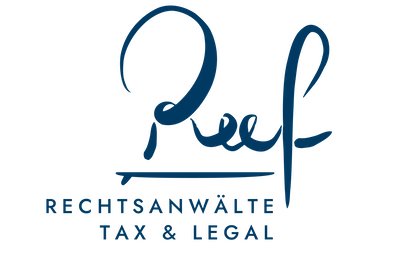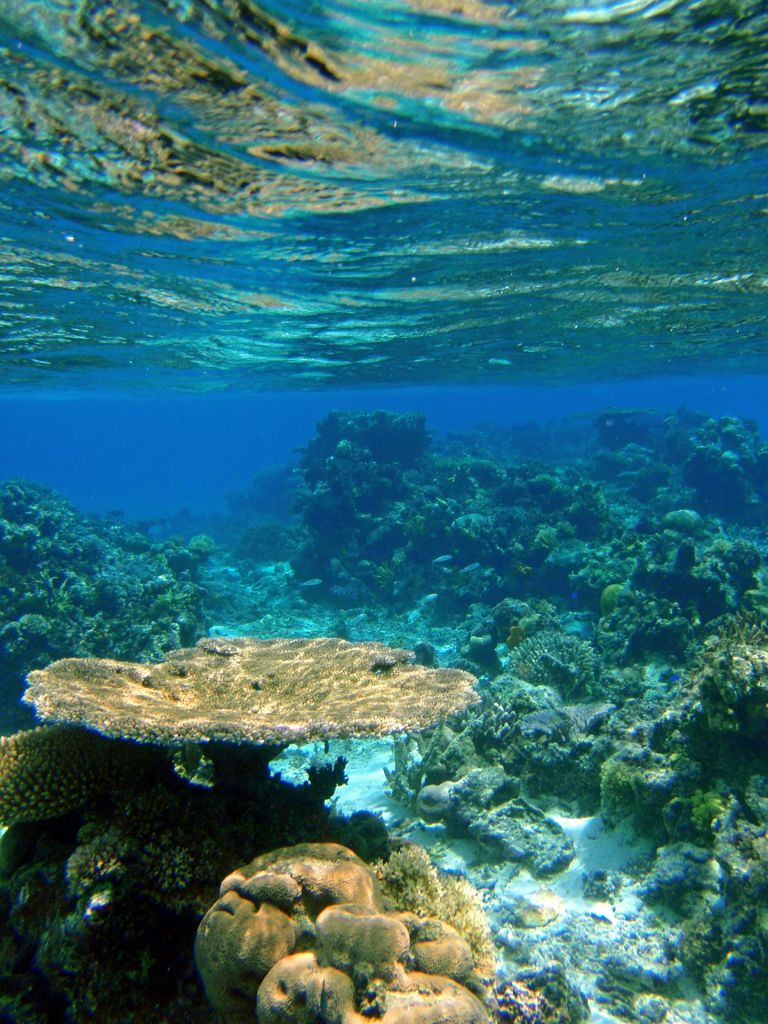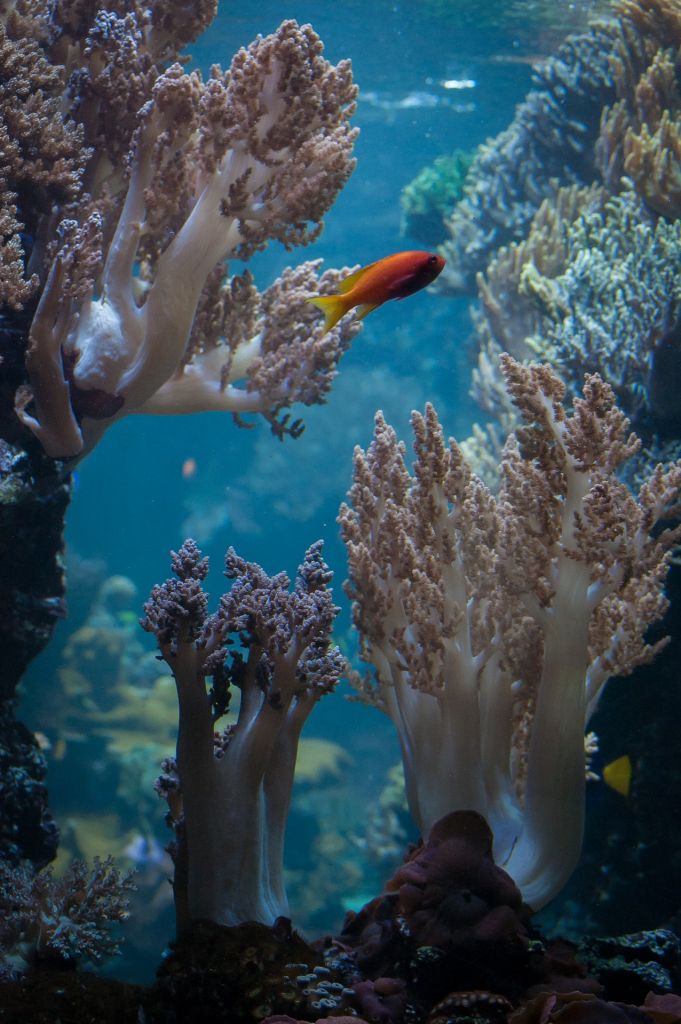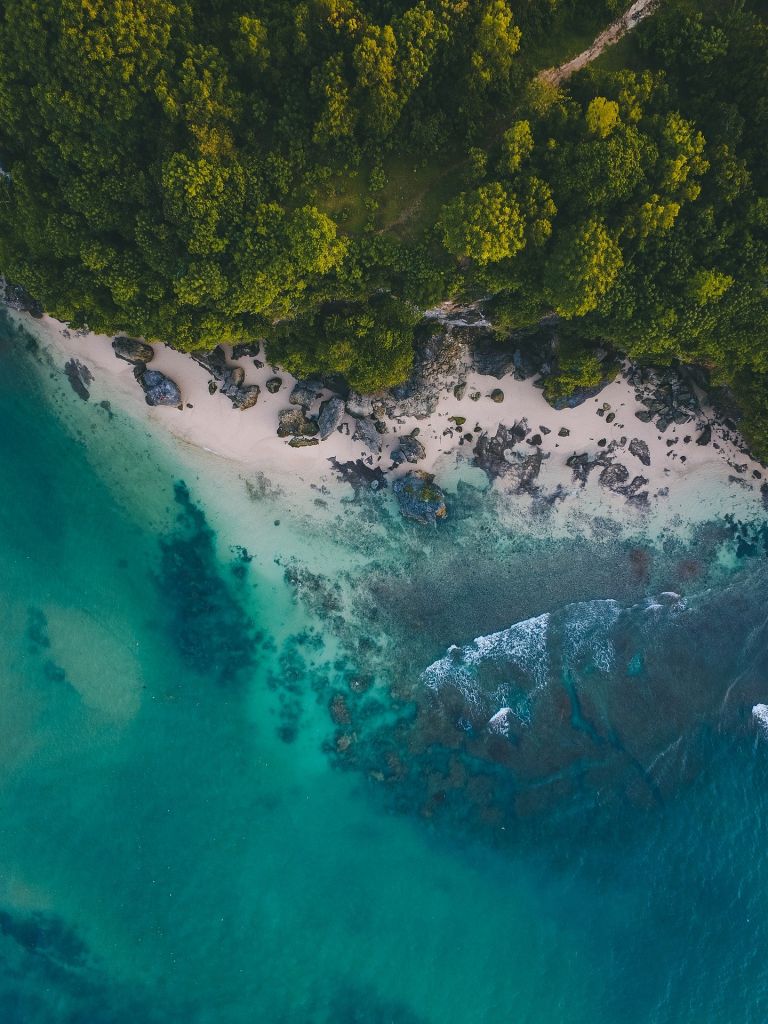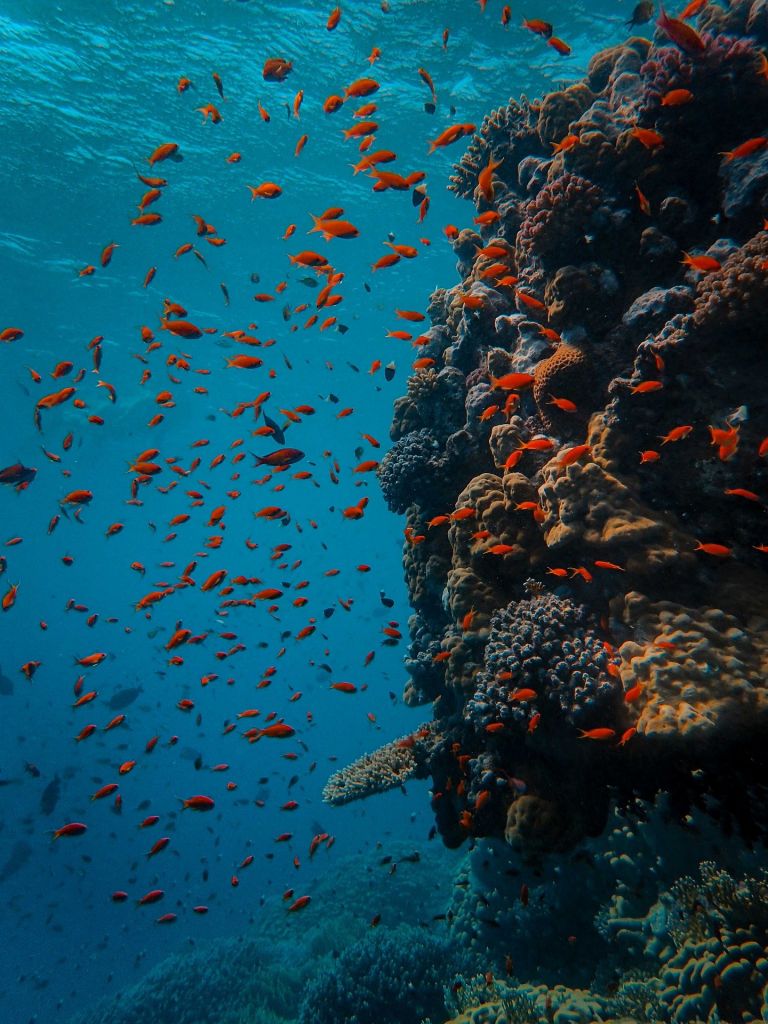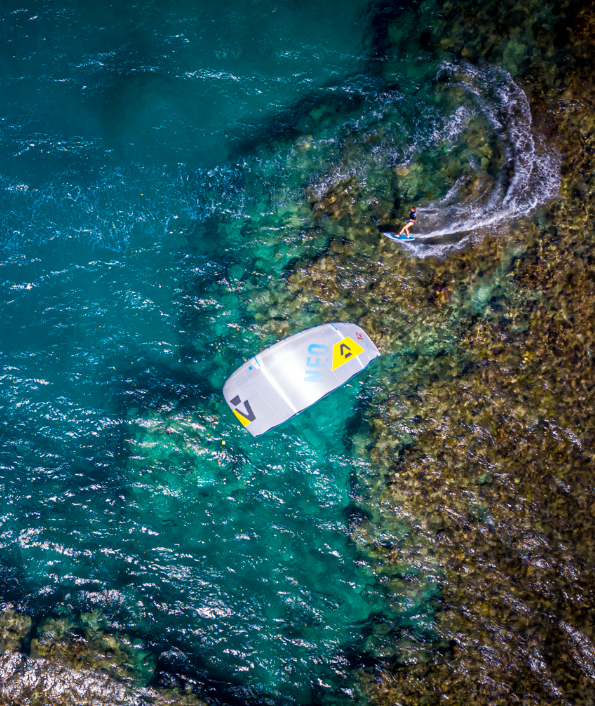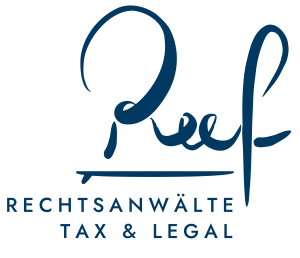MENA Guide – developments
OPEN MINDED
What are the key recent developments your clients should be aware of when investing in/out of the MENA region to your jurisdiction? What grants and incentives are available to overseas investors?
Germany – UB In Germany, UBO is very big and due diligence is now far more detailed with questions about the political systems in the MENA region. For example, we used to be a very big business partner with Saudi Arabia, but in the past few months relations have dropped because of the human rights issues. As a consequence, there may well be problems for German investors into many of those countries in the region.
Elsewhere, we’re having similar discussions with Turkey, which is traditionally our closest business partner. Nowadays, that’s become more complicated. The good news for potential investors is that with Covid-19, it’s now time to start investing in Germany. We have a lot of subsidies for overseas investors right now. We have a lot of companies that are still healthy but are short of cashflow because of the pandemic. This is particularly the case with tourism and hotels. For example, in Dusseldorf, there’s a well-known 5-star hotel that was on sale for euro120 million, but that’s fallen to euro45 million. This highlights the type of opportunities opening up for investors if they start right now.
And the government is giving out decent subsidies if you’re a foreign investor. For example, we just opened the European headquarters of a Taiwanese company and we were able to receive a decent subsidy that paid for my costs and will pay for the first employees who are hired. For overseas businesses you can immediately start negotiating with the local state authorities and even get German citizenship.
It’s interesting how different sectors are changing significantly because of the pandemic, with governments rushing through different legislation to encourage investment or to prop up certain sectors. Germany is spending a lot of money to help businesses in Germany. One sector which is particularly interesting for investors from the MENA region is the halal food sector. It used to be very small in Germany, but we now have a lot of Muslims in Germany and people are looking at healthy, sustainable food. This is a sector that has a big potential in Germany.
UAE – TP From a UAE perspective, the local authorities have adopted multiple measures to increase and attract new investors into the country, so there’s more foreign direct investment coming here. For example, this has been helped by a new federal law, which came into force on January 2nd this year, and foreign companies no longer need local shareholder and overseas businesses with 100% foreign ownership can be set up in the UAE. You no longer need to have a local Emirati entity or individual to sponsor your company. This, of course, is helping to open up the market for future investors in the region.
Meanwhile, the government has also introduced measures during Covid-19 for employees to be able to work remotely from home. For foreign staff working here and stuck because of the pandemic, they just need to prove they have an adequate salary and they can have a permanent resident visa in Dubai and work from Dubai.
Elsewhere, UBOs and Economic Substance have become important. Companies that are registered in the UAE need to show their activities and that decisions have been taken by the directors or managers who live in the UAE. It’s worth remembering that this is a country where we don’t pay taxes. There is no income tax or no corporate tax and there are a lot of opportunities for investors if they can clarify their activities and ownership.
Lebanon – WA To attract more investment, it’s now possible in Lebanon to set up an offshore company with a single owner. It’s not as competitive as Dubai, where there’s no tax. However, because of the devaluation of the currency, the tax equivalent is about $60; so, Thomas, it’s just $60 difference. Not bad. Especially when you consider there are many local highly educated and skilled talents hungry for working opportunities yet living in comparably lower economic circumstances than the example in the GCC.
From my experience it’s really important for clients to set up their enterprise with the proper structure, particularly regarding tax, whether having to do with income, withholding or value added tax. For example, I have one client that is a news agency and they had to pay several hundred thousand dollars in withholding taxes to the Lebanese government because they were hiring a lot of journalists. These journalists were mostly considered freelancers because they’re paid on assignment and were based across the region, where the client has offices. Their problem was how they were going to make the payments, what taxes they were paying and on which transactions. We worked out for them that they could make use of the tax treaties Lebanon has regionally with Dubai, Egypt and other countries. That made a huge difference.
What is important here is whether you’re an international corporation or a small firm that wants to do cross-border transactions, you need to understand the tax structure; tax regulations are always evolving as a result of residency laws, BEPS, etc…
On the subject of grants and incentives, the government gives them mostly in agribusinesses and particularly industrial zones. As a result, a lot of Lebanese are starting to make frozen foods and venturing into the export business to the US, Europe, and the Americas. You’re going to be seeing a boom in that industry. Like Urs says, we are very good at manufacturing healthy, sustainable food.
Greece – ME Recent developments show that since the 2010 financial crisis it is now a good time to invest in Greece. Here it’s worth focusing on the Greek maritime sector, which is a key player in the world’s shipping industry. A plethora of specialised staff cover all activities related to the industry and are capable of supporting any business ideas brought to the sector.
A typical Greek maritime group has the following structure: there is one ship owning company (usually offshore, although the Greek legal system provides for a special type of shipping company) for each vessel of the group; each ship owning company has a management agreement with the managing company of the group, which is usually an offshore company established in Greece under this specific privileged regime. The management company is the one that attends to everything related to the vessels’ operation, while the ship owning companies merely receive their hires. Investors wishing to enter the shipping industry have a variety of alternative ways to do so. We can illustrate a few, underscoring already that shipping is a volatile industry with high market fluctuations that should be taken into account prior to undertaking such an investment.
Purchase and bareboat charter. This is a recommended option to investors who are not familiar with shipping and don’t want to assume too much risk. They will incorporate a company to acquire a vessel, and then bareboat charter her to a third party. Bareboat charter is a form of chartering where the owner merely charters the vessel and the charterer is under the duty to man, equip and operate the ship. This is a recommended placement for investors who do not wish to involve themselves with shipping directly but wish to take advantage of the profits of the industry. The bareboat charterer will pay a hire to the owner and will in turn operate the vessel, aiming to profit from using the ship.
Purchase and delegate management. With this alternative, the investors shall, as above, incorporate a company to acquire a vessel and then will enter into a management agreement with a company established in Greece, as illustrated above, for the management of the vessel. This pattern requires that the owners maintain an overview of the situation, as they will have to cooperate with the managers for any of the vessel’s needs and issues that arise.
Purchase and manage. Here investors enter shipping fully. The management company is theirs; they employ staff, they take care through their management company of the vessels’ operation, and they arrange for chartering as well. A well-structured mechanism is created to serve the ownership and exploitation of the vessel. This alternative is addressed to investors who are familiar with the industry and keen to assume such responsibilities.
Yachting. An entrepreneur who wishes to acquire a pleasure yacht, can do it in Greece through a scheme that allows for the exploitation of the vessel when not used by the principal. This is done through a Greek Pleasure Yacht Maritime Company, which enjoys tax privileges.
With all this, our law firm can provide a full-scale service to the interested parties.
Turkey – Yusuf Mansur Ozer The biggest change taking place in recent years has been the focus on digitising the country. This has been a government objective during the past five to 10 years. For instance, there was no electronic registry system where you could set up a company online until recently. These days incorporation and the corporate secretarial work is largely done on electronic systems, although there is still some paperwork to be filed.
In terms of government incentives, we have a lot here. There are general investment incentives that include significant tax benefits such as customs duty exemption, corporate tax reduction, social security premium support, cash supports for employment, and personnel training programs.
There are also regional incentives that reward investments in less developed regions of Turkey and incentives for specific sectors that we will touch on this next question; this involves software development and the digital economy.
Portugal – JVC Specialised investment funds are popular right now in Portugal; these have lighter regulations than other investment funds. There is no taxation or capital gains within the funds. If you invest in funds, if you are a resident company or resident individual you will pay, respectively, 25% or 28% tax on exit. If you are a non-resident you will pay just 10% tax on exit.
What is so different about these special investment funds?
They create special purpose vehicles to invest in a portfolio of companies, so you’re diversifying your portfolio across a wider area. Sectors include tourism, which is in crisis right now, wine making, solar energy, medicinal cannabis and many more. With one million euros you can open a fund for subscription of up to 150 non-qualified investors. This is a very good vehicle to diversify your portfolio without too much bureaucracy or too much regulation and if it’s properly managed it can be a very successful investment. In Portugal, we do have direct grants for selected sectors like renewable energy, R&D and advanced technology.
We have these kinds of incentives in place, and you do not need that much money to acquire a good business in Portugal. Unlike Germany, we do not have problems with investors from Saudi Arabia or Lebanon or wherever. We are on good terms with everyone so long as you are bringing cash into the country and we can clear the UBOs everyone is welcomed.
Greece – DM The best way for me to emphasise the value of investing in Greece is to list the highlights.
• Greeks are highly educated (most of them with University degrees), English speaking, so it’s very easy for companies to find skilful and highly educated staff.
• There is little bureaucracy when setting up a company.
• The tax system is computerised and most of the tax returns are filed electronically.
• Greece is expecting to have a large GPD after almost 10 years of financial crisis.
• Our jurisdiction is friendly with potential investors.
• EU countries do not pay tax on dividends.
• Greece is applying reasonable income tax rates and we expect they will drop in the next few years, after the pandemic.
• Greece has signed contracts to avoid double taxation with most countries.
• We are members of the EU and the eurozone, meaning a common currency, and legislation that complies with European Directives giving stability etc.
• Last, but not least, it’s beautiful country with fine weather and summer for almost six months a year; good food and a good life.
